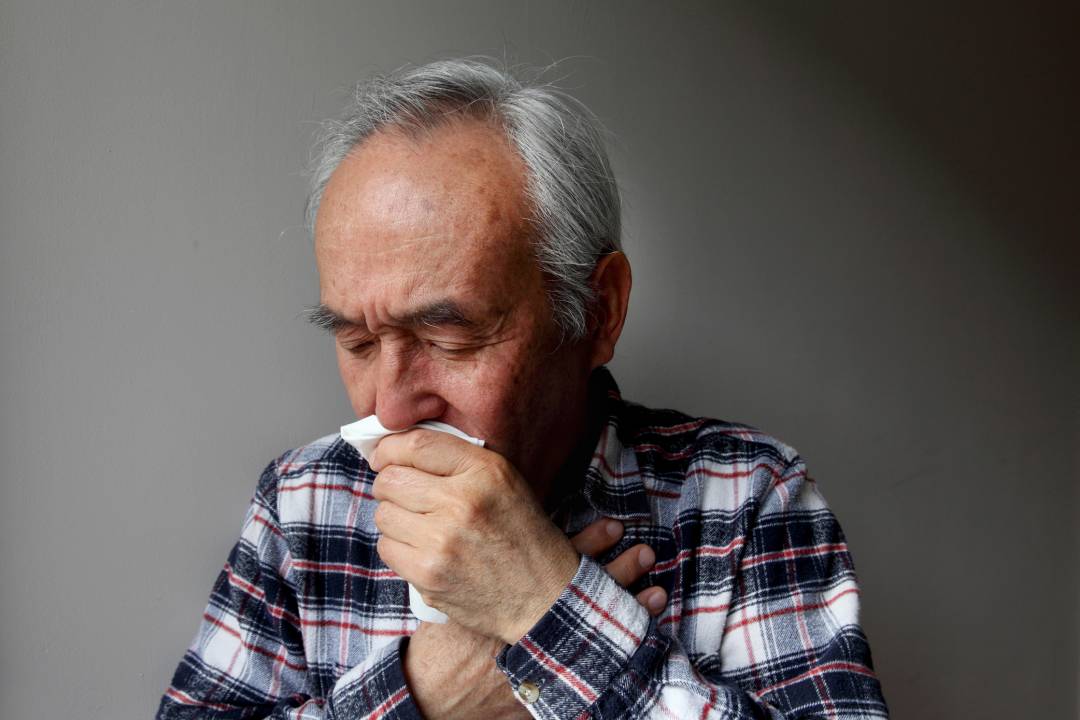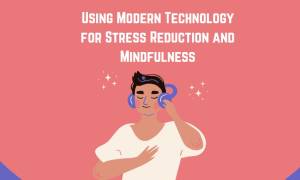This has been a tough flu season so far, and some reports say we may not have even reached the peak of it yet. It’s hard to avoid the flu when you hear coughing and sneezing almost everywhere you go. However, now there are new reasons to be more careful and wash your hands diligently.
Dr. Elizabeth Hamilton, who is a primary care physician at the Greater Baltimore Medical Center in Maryland says it’s important to take precautions to avoid catching the flu. This is even more critical for our more vulnerable populations this flu season.
“Now we know that the flu can trigger a heart attack,” Hamilton said.
Recently, a study that was published in the New England Journal of Medicine proved there was a link between heart attacks and the flu.
Science Daily wrote “The risk may be higher for older adults, patients with influenza B infections, and patients experiencing their first heart attack. The researchers also found elevated risk — albeit not as high as for influenza — with infection from other respiratory viruses.”
In the study that was done by the Institute for Clinical Evaluative Sciences (ICES) and Public Health Ontario (PHO), researchers observed almost 20,000 adult cases of laboratory-confirmed influenza infections from 2009 – 2014 in Ontario.
Of those cases, 332 patients were hospitalized for a heart attack within one year of their flu diagnosis. Heart attack chances are increased six-fold in the first seven days after the detecting a lab-confirmed influenza infection.
When you’re sick with a virus as severe as the flu, it’s a lot of stress on your body. If you have other issues such as cardiovascular disease or respiratory problems, such as asthma COPD or emphysema, it adds even more stress to your already weakened immune system.
“When you’re ill, it’s systemic inflammation, and it’s inflammation that can cause stable plaque in your artery to rupture and turn into a complete blockage, and it’s also the whole strain on the respiratory system, so your oxygen levels might be too low to support your cardiovascular functioning that could precipitate a heart attack,” Hamilton said.
A scientist at ICES and PHO, Dr. Jeff Kwong, was the lead author of the study.
“People at risk of heart disease should take precautions to prevent respiratory infections, and especially influenza, through measures including vaccinations and handwashing,” Dr. Kwong said.
First, make sure to get your flu shot, wash your hands often and don’t touch your eyes, nose or mouth when you’re in any environment around sick people. Hamilton says that people who are worried about the heart attack risk also need to know their numbers.
“Cholesterol, blood pressure, your weight, your lifestyle, do you smoke or not, are you exercising? All of those things factor into your overall health and wellness, and the end goal is to avoid having a heart attack, that’s the number one killer,” Hamilton said.
Hopefully, you can avoid catching the flu this season, but if you do start feeling bad call your doctor for an appointment right away. It will be less stressful on your body if you start treatment early in the infection because you will heal more quickly than if you waited until your symptoms were more severe.
Please Share with Your Friends and Family














